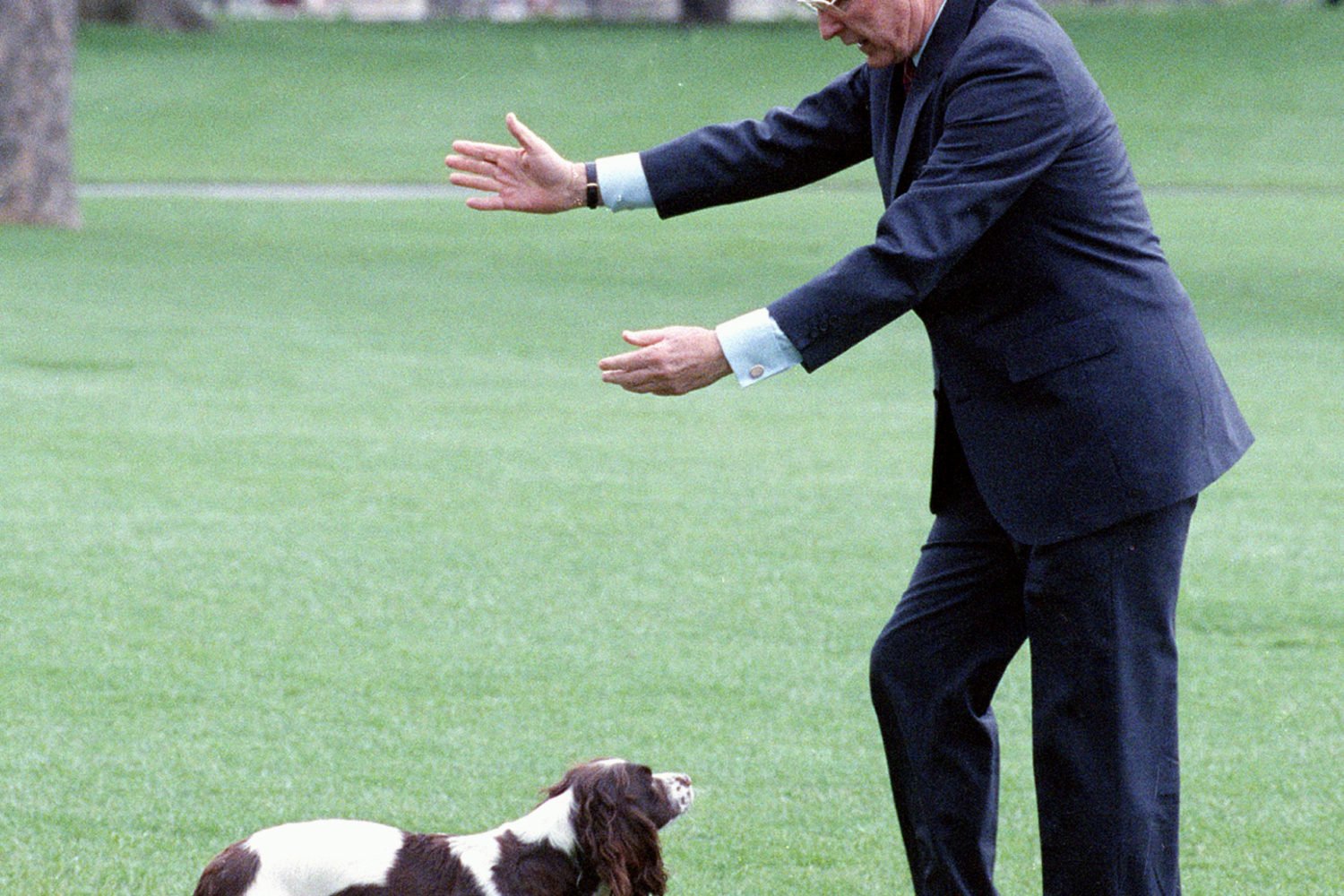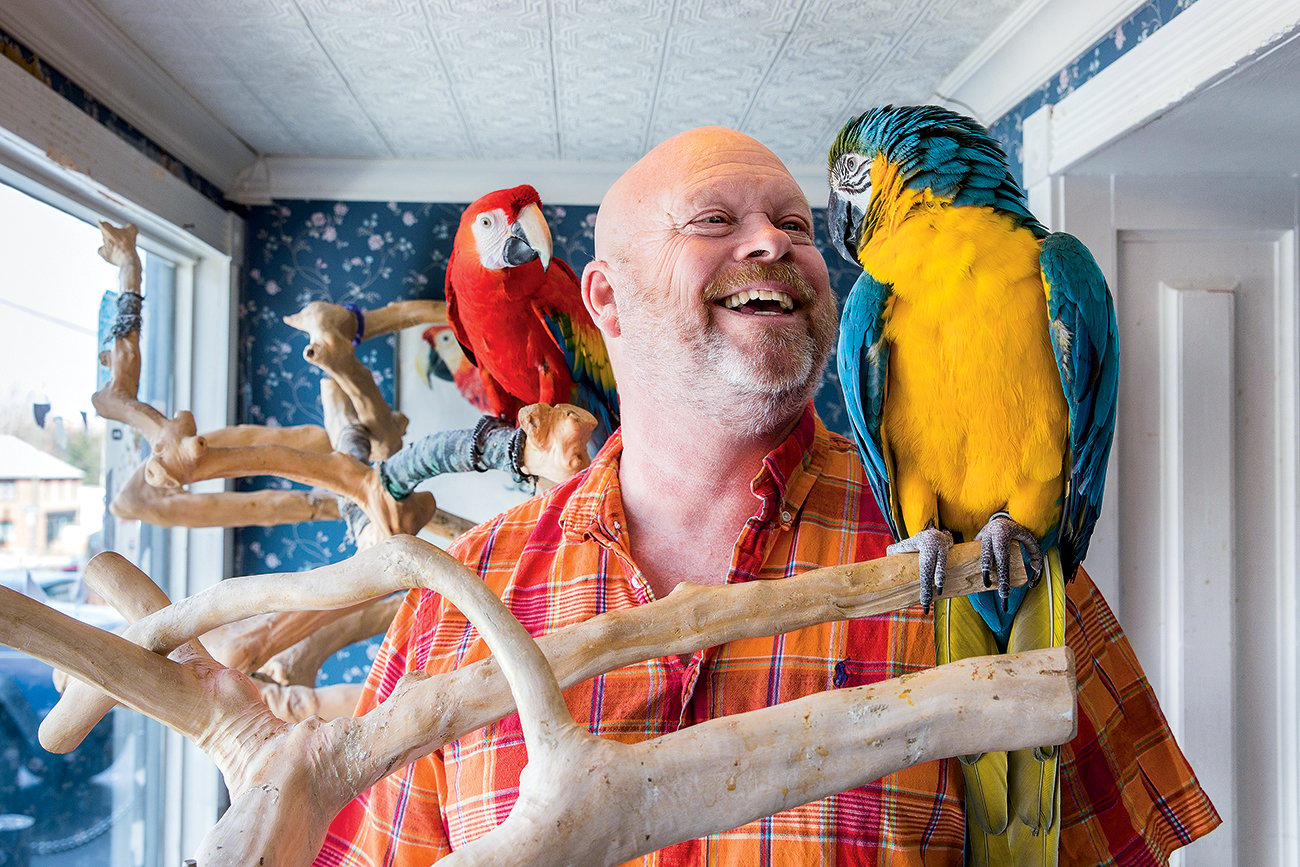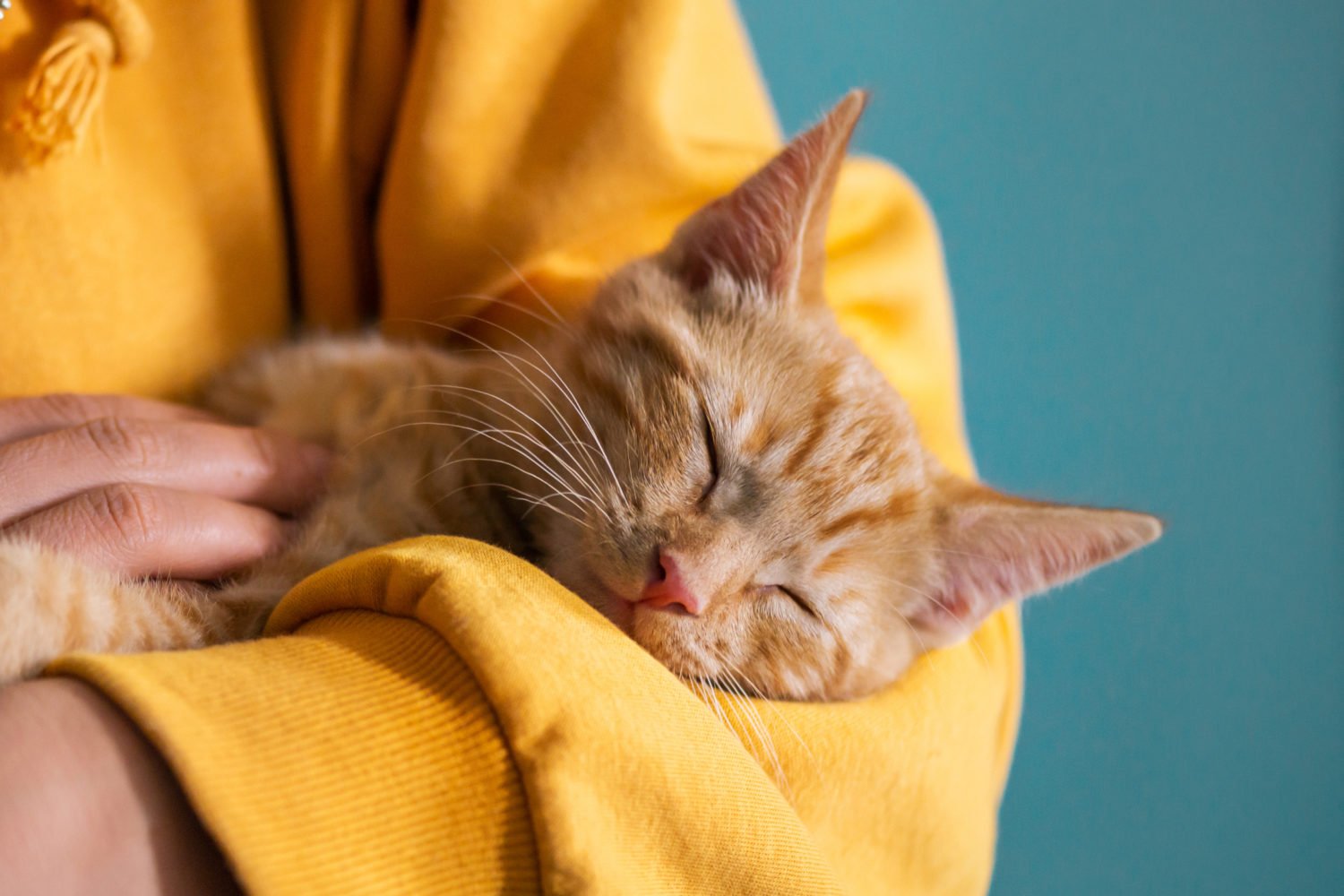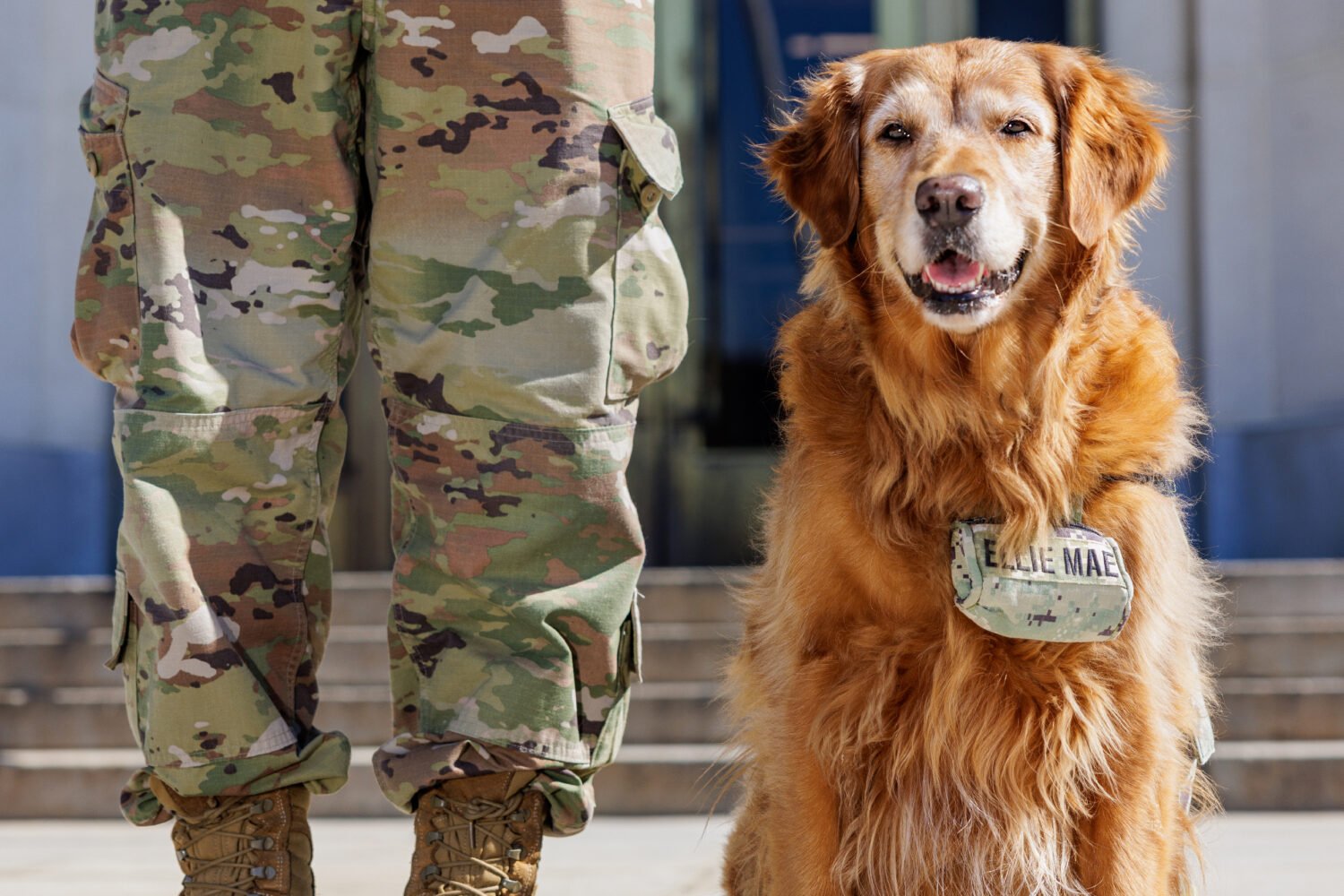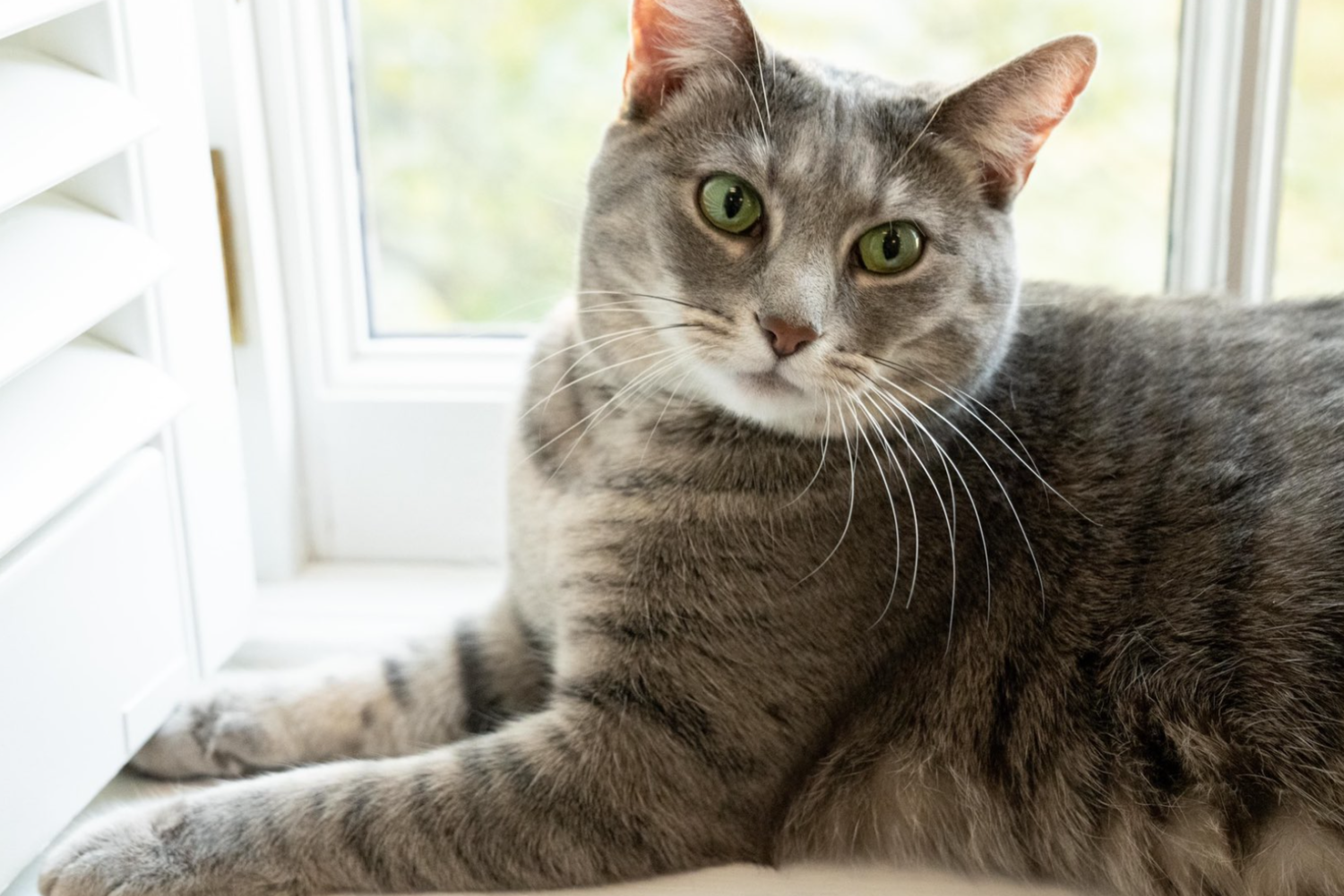
For some couples going through a divorce, there’s often a detail to figure out that’s more agonizing than splitting up the artwork or deciding who gets the beach house: What happens to the pet? Area lawyers are working with clients, mainly millennials, to establish an answer before they say “I do”—writing provisions into prenuptial agreements in case the parties later say “I don’t.” While prenups have traditionally focused on assets, inheritances, and alimony, the agreements are now also covering who gets custody of the cat or dog and who is on the hook for funding a pet.
There’s an old unease surrounding prenups—why start a marriage by planning for its demise? Now consider that the average life span of a dog is ten to 13 years—so discussing a pet in a prenup requires partners to think about a marriage deteriorating within a relatively short time. It may seem cynical, but DC attorney Rebekah Sullivan points out that creating a plan under the best of circumstances can save couples from dealing with a sensitive issue under more contentious ones. “I’ve had a lot of divorces without prenups where the pet is that last emotional thing that makes the divorce so hard,” says Sullivan. “It’s just the thing that they can’t agree on, the thing that holds up an amicable resolution.” In some situations, one spouse may even use a beloved animal as a bargaining chip.
If the issue goes to court, the question of what happens to a pet in a divorce varies among jurisdictions. In the District, a judge can decree who gets to keep it based on “the care and best interest of the pet animal.” That’s a recent change: Before an amendment to a DC Council bill went into effect in April, four-legged loved ones were considered property in the eyes of the court. As a result, a judge would assess financial contributions such as vet records and adoption documents to figure out who would be granted guardianship, rather than prioritizing an animal’s well-being. In Maryland and Virginia, pets are still legally considered chattel. “It’s no different than a chair or a coffee table,” says Tysons attorney Alex Xanttopoulos. Regardless of changes in the law, pet plans outlined in a prenuptial agreement remain locked in, dictating Fido’s future if the marriage ends.
Arlington attorney Jennifer Bradley has seen an increase in “petnuptials,” especially with younger couples. “Maybe they don’t have a lot of assets, but there is that one important thing they really prioritize,” says Bradley. “They don’t have kids yet, so they’re going to address what happens with pets.” Similarly, Xanttopoulos predominantly sees pets included in agreements drafted for partners in their late twenties or their thirties entering a first marriage with no children: “Your pets are sort of like your kids, and so they want to protect them. It can be very much like a custody agreement.”
Pet-related provisions can cover a range of issues. They might define the financial obligations each partner has for regular pet care after a divorce, such as insurance, grooming, and veterinary visits. Bradley cautions clients to think critically about blanket agreements associated with expenses, especially when it comes to elective treatments such as surgery, which can cost thousands. Couples may not be able to anticipate differing opinions on expensive treatments that could extend an animal’s life. Instead, prenups can outline parameters such as not exceeding a specific amount on the pet per month.
In addition to the financial aspects, there are questions of who gets guardianship of a cat or dog. Sullivan works with clients to figure out if sole custody or time-sharing is the best course, the latter of which might turn hairy if communication between the parties has deteriorated. She also recommends a “right of first refusal” clause, which means that if the former spouse with the pet is no longer able to care for it, that person has to first offer it to the ex before giving the pet to a friend or a shelter.
Without being able to see into the future, some couples opt to write into a prenup that pet custody will be dealt with later, and commit to keeping the conversation in mediation rather than the courts. And if they can’t come to a conclusion? Don’t sweat it, advises Bradley: “Chances are their marriage will outlast the pet.”
This article appears in the August 2023 issue of Washingtonian.


